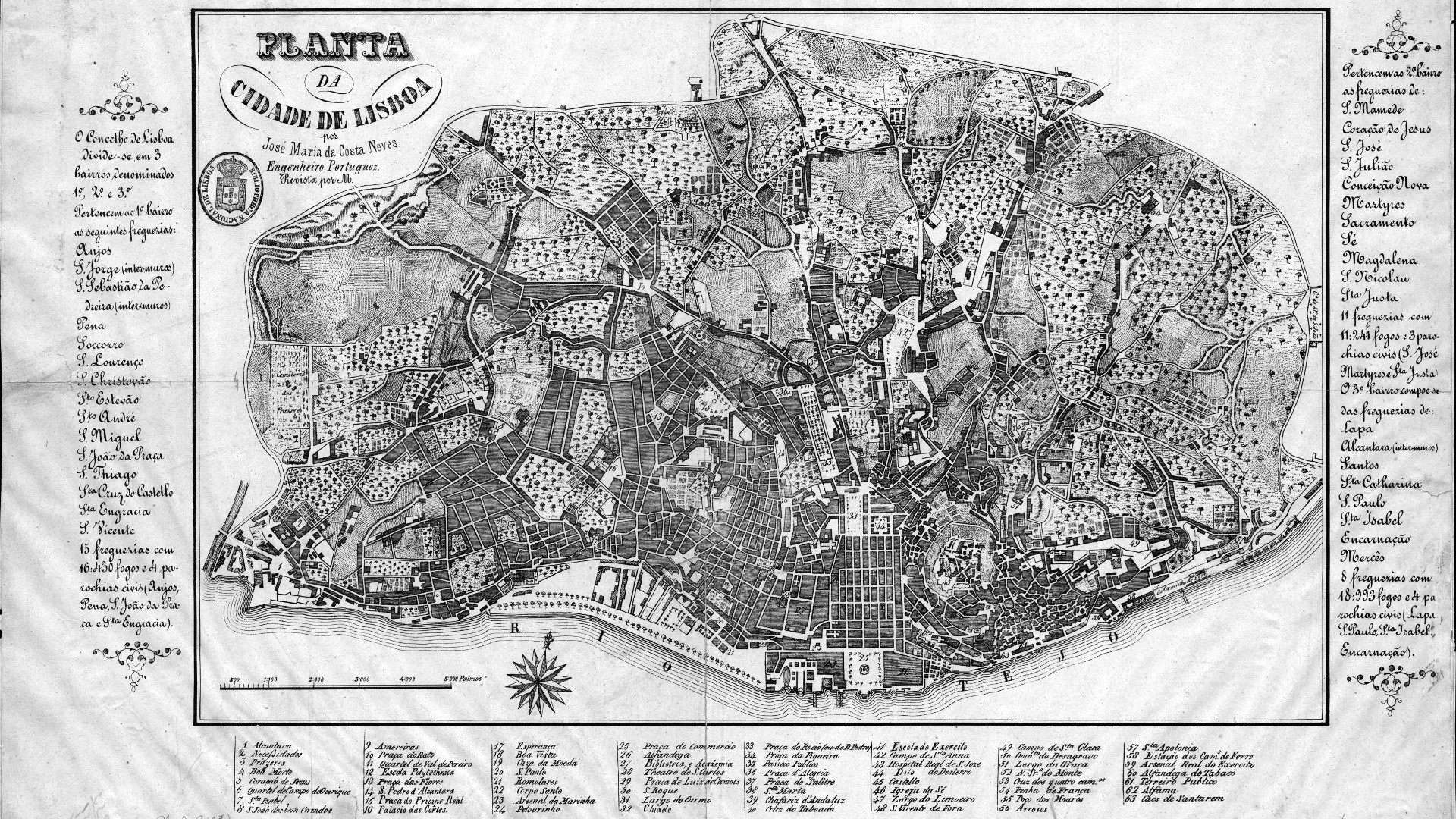
Em Março, Lisboa é a Capital da Intriga Internacional
Entre 2 e 31 de Março, na Cinemateca Portuguesa
Chamada aberta para a Revista de História das Ideias: Culturas do Fogo
Prazo: 30 Setembro 2026
A História está na Escola! — Novo programa educativo do IHC
Programa pretende familiarizar estudantes com a pesquisa histórica e as suas ferramentas
Chamada aberta para a Aniki: Novos desafios da interatividade na criação narrativa
Prazo: 15 Fevereiro 2026
O Governo de Todos Nós: IHC lança desafio às autarquias
O Governo de Todos Nós. 50 Anos de Poder Local Democrático (1976-2026)
Notícias
-
 A FCSH acolheu a a sessão de encerramento do projecto VINCULUM
A FCSH acolheu a a sessão de encerramento do projecto VINCULUM -
 Entre 2 e 31 de Março, na Cinemateca Portuguesa
Entre 2 e 31 de Março, na Cinemateca Portuguesa -
 É Investigadora Visitante no CAST da Universidade de Bolonha
É Investigadora Visitante no CAST da Universidade de Bolonha
Agenda
fevereiro, 2026
Tipologia do Evento:
Todos
Todos
Apresentação
Ciclo
Colóquio
Conferência
Congresso
Curso
Debate
Encontro
Exposição
Inauguração
Jornadas
Lançamento
Mesa-redonda
Mostra
Open calls
Outros
Palestra
Roteiro
Seminário
Sessão de cinema
Simpósio
Workshop
Não Existem Eventos
Publicações

Recensão a ‘Women’s History at the Cutting Edge’
Recensão crítica de Giulia Strippoli ao livro Women’s History at the Cutting Edge, editado por Teresa Bertilotti, sobre história das mulheres.

Recensão a ‘Subterranean Fanon’
Recensão crítica de Manuela Ribeiro Sanches à obra Subterranean Fanon, escrita por Gavin Arnall, sobre Frantz Fanon.

A propósito dos debates sobre o populismo
Artigo de Fernando Dores Costa, publicado na revista Práticas da História, que analisa o fenómeno do populismo.

Administrar para manter o regime
Capítulo da Ana Carina Azevedo, incluído no livro Construção do Estado, Movimentos Sociais e Economia Política, sobre a reforma da administração pública.

A era dos congressos
Capítulo de Joana Dias Pereira, incluído no livro Construção do Estado, Movimentos Sociais e Economia Política, sobre o movimento associativo no liberalismo.

Construção do Estado, Movimentos Sociais e Economia Política
Livro coordenado por Joana Dias Pereira et al. sobre os processos de construção do Estado Contemporâneo e a sua articulação com os movimentos sociais.
Pesquisa
Notícias
VINCULUM — Um fim e um novo começo
24 Fev 2026
A FCSH acolheu a a sessão de encerramento do projecto VINCULUM
Em Março, Lisboa é a Capital da Intriga Internacional
21 Fev 2026
Entre 2 e 31 de Março, na Cinemateca Portuguesa
Anita Buhin está em missão de investigação em Itália
20 Fev 2026
É Investigadora Visitante no CAST da Universidade de Bolonha
Oportunidades
Bolsas de Investigação para Doutoramento — FCT
15 Mar
Prazo (IHC): 15 Março 2026
Bolsa de Investigação Pós-Doutoral — CATTLE IN MOTION
18 Fev
Prazo: 18 Fevereiro 2026




